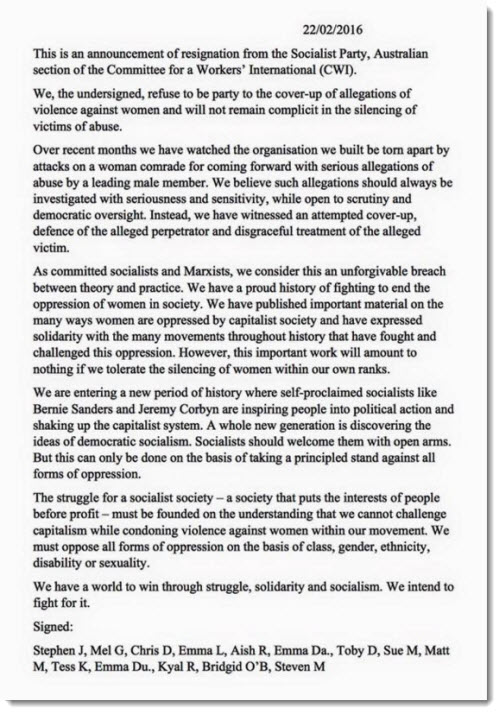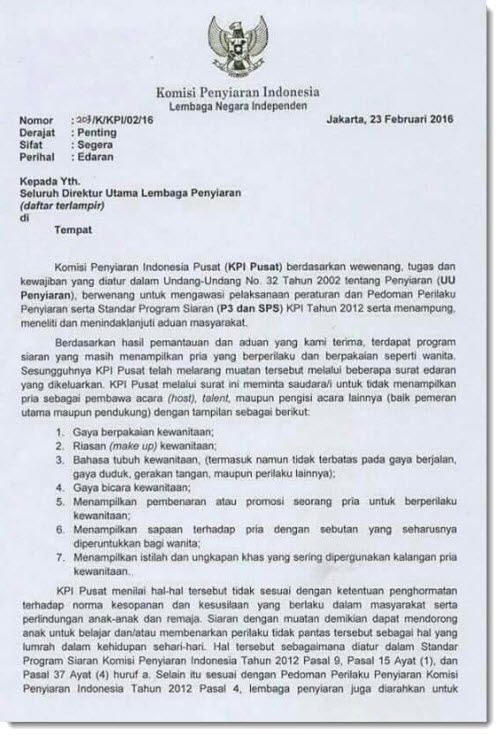From the Crikey grapevine, the latest tips and rumours …
Clive turns to Wikipedia. Queensland MP Clive Palmer might not be a person who should be doling out business advice right now — administrators of his failed Queensland Nickel are selling some of his key assets to make up losses, and his aviation company has also gone into liquidation. That hasn’t stopped him, though; on Tuesday Palmer emailed senators to give them his two cents on economic policy. The email, sent by a staffer, reads:
“Dear Senator,
Following the Treasurer’s speech at the National Press Club, it is clear that the Treasurer has foreshadowed future policies for Australia will be based on Austerity.
I realise not everyone has a commercial background when dealing with these types of issues, therefore please find enclosed a simple paper which could help give you a full understanding of Austerity and what it means for Australia’s future. I have also included a link to Stimulus policy which you should find interesting.
https://en.m.wikipedia.org/wiki/Austerity
https://en.m.wikipedia.org/wiki/Stimulus_(economics)
If you can take five minutes to read these, I think you will find them useful.
Kind regards
Clive Palmer”
Yes, they are links to Wikipedia pages — maybe he’s been taking tips from Environment Minister Greg Hunt, who used the crowd-sourced reference site to say there was no link between climate change and intense bushfires. Despite Palmer’s business troubles, another tipster notes that he is paying for sponsored posts on Facebook, spruiking his opposition to the Senate voting reforms. Maybe he should search Wikipedia for “silence is golden”.
Battle of the political blockbusters. Come March 14, one of the year’s great publishing faceoffs will begin in earnest, when Australian journalist Niki Savva’s highly anticipated Road to Ruin will be released. It’ll join a field already full of Abbott government post-mortems. Battleground, by academic Wayne Errington and Oz journo Peter van Onselen, was published late last year. And Aaron Patrick’s Credlin & Co was published this month.
Savva, a veteran political journalist, had a ringside seat to the implosion of the Abbott government. A political insider who worked for Peter Costello, she excelled at unearthing frequently hilarious and highly revealing anecdotes — so effectively that Tony Abbott tried to get her fired. Patrick, though he has written political books before, approached the Abbott years as something of an outsider to political coverage. He isn’t in the press gallery — his day job is editing the print edition of the Financial Review. His book frequently examines the impact of coverage along with the politics, benefiting from Patrick’s distance. It’s been doing well so far — it debuted at No. 4 on the independent bookseller’s list and is currently at No. 3 (Battleground, which was rushed out only two months after Abbott lost power, isn’t currently on the list). How, and if, Credlin & Co will hold up against Road to Ruin come March 14 will be interesting to watch.
Crikey hears that organisers of Patrick’s March 19 appearance in Canberra bookstore Muse tried to sign up Savva to appear alongside him. But she was “unavailable” (she’ll be at ANU on March 21). While there could be any number of legitimate reasons why Savva couldn’t appear, one would note sometimes the best way to bury the competition is to not mention them at all. In those stakes Savva’s already had one win. On the very week Patrick’s book was released, Savva appeared on the ABC’s Insiders. “To what extent will Tony Abbott be an ongoing irritant to Malcolm Turnbull? That issue’s about to get a whole lot of attention with the release of a book in about a month or so,” Insiders host Barry Cassidy said, as a picture of The Road to Ruin appeared on screen. Credlin & Co didn’t get a mention.
At least Patrick has the Fin. The paper ran a highly-read 5000-word extract of Credlin & Co on January 30. No doubt Road to Ruin will get a similar run in the Oz soon, as Battleground did last year.
Comrades at arms. Top members of the Socialist Party of Australia have resigned this week, after accusations of abuse against another senior member of the party were allegedly covered up. In a letter published on his Facebook page, prominent party member and Yarra councillor Stephen Jolly wrote that he had departed the party “over a matter of principle, not because of political differences”.
Jolly told Crikey that an investigation of an allegation of abuse by one member of the party against a female member of the party had been dismissed and then the complainant had been fired from her job with the party. “That was unbelievable, punishing the victim,” he said.
“There has to be an ocean created between this type of behaviour and this type of investigation and those of us fighting for social change, and if I’d stayed in the organisation I’d have been painted with that and the others in the same way.”
Jolly called it the “most painful political decision [he’d] ever made”, but said that he and the others who had resigned had not considered whether hey would start a new party.
Jolly and members of the Socialist Party have been prominent in the activism against groups like Reclaim Australia, and his office was targeted by protesters in May last year.
Indonesia follows Bernardi. In recent weeks sentiment against the LGBTI community in Indonesia has taken a disturbing turn, with an increasing number of edicts and decisions limiting expressions of homosexuality. Earlier this week the Indonesian Psychiatric Association announced that people who identify as LGBT had a mental disorder, which could be cured with treatment. A member of the association told The Jakarta Post that “limiting inappropriate social interaction could be effective in curbing such abnormal sexual tendencies”.
The Indonesian Broadcast Commission has also released a notice banning male TV performers from acting like women:
The notice bans any man from appearing on television who:
“1. Dresses like a woman
2. Wears make up
3. Possesses body language of a woman
4. Speaks like a woman
5. Promotes effeminate behavior
6. Calls a man as a woman (ex: Hey sis!)
7. Uses gay language or slang”
While homosexuality is not illegal in Indonesia, these recent announcements have prompted Human Rights Watch to write to the Indonesian government urging it to defend the rights of LGBTI people.
*Heard anything that might interest Crikey? Send your tips to boss@crikey.com.au or use our guaranteed anonymous form









If one needed to find examples of how Wikipedia leads well-meaning but intellectually unsophisticated readers into quagmires, Crikey is as good an example of the malaise as most.
Who knew that there were jobs (as in paid..money?)in the Socialist Party!
As for the Indo. TV regs. it is a shame that you printed the translation as it is almost certain that Borey Carnadi will cut’n’paste for the school bullying enquiry as a template to achieve.
After I Posted yesterday there’s been confirmation that being able to afford a Crikey subscription isn’t an indication of that person possessing literacy or analysis skills.